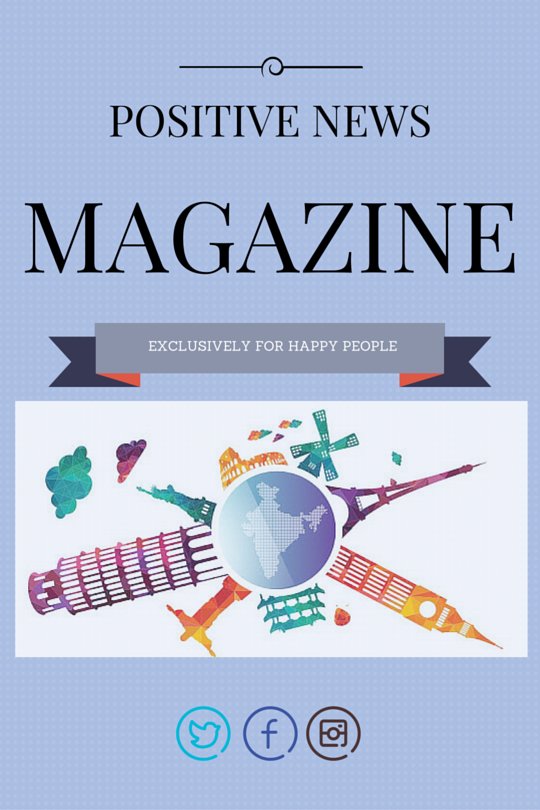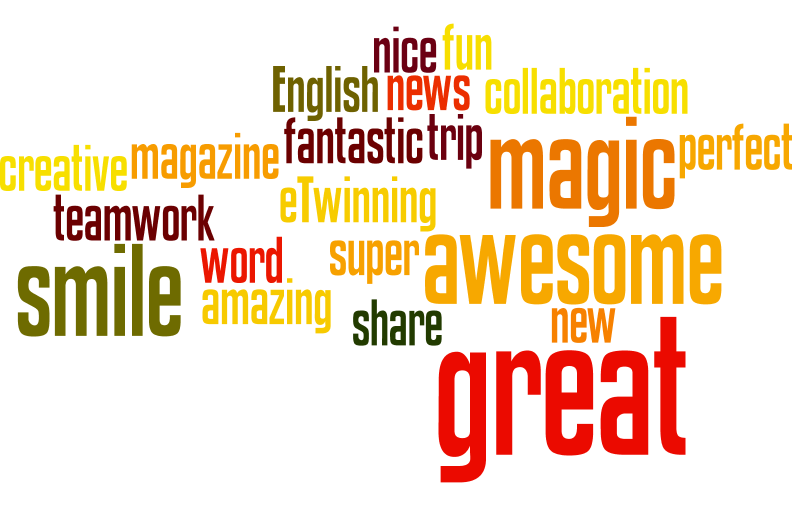Teenagers from France, Germany and The Netherlands create together a digital collaborative positive news magazine.
Process:
1. Break the ice: students complete their Twinspace profiles, and take part in a guessing game to know more about their partners.
2. Visit our school: students present their schools to their partners, with short descriptions and photos. Then they create a collaborative quiz about their 3 schools, and they take the quiz to check their knowledge of their partners' schools. They also react and comment on this activity in a forum (#2) and have a live chat.
3. Team up: students team up in national groups, and present their groups in order to find like-minded partners and form international teams (1 team = 3 national groups).
4. What will your magazine be about?: students brainstorm to decide on the topic sections of their magazine. In a forum, they look for partners who might be interested in the same topic as them and team up with them. 
5. Reporters at work: students get assigned a collaborative page where they start the writing process: they brainstorm on their topic, share the tasks, do some research, collect information, organise it, then look for copyright-free illustrations. They use the forum (#3) to exchange on the work process with their team-mates. Then they work on the layout of their article and upload it into the materials section.
6. Magazine cover: students design an image or find a CC image that could be used as the cover of their magazine; they discuss their choices and vote for the best cover.
7. Reading: students read their magazine and comment on it / assess their work (self-assessment and peer-assessment).

8. Challenge your readers: students create little quizzes and games to challenge their partners and check their good understanding of their articles (peer-assessment).
9. Good-bye: students choose a key-word to summarize the project and write a short acrostic poem to say good-bye to their partners.
Informal communication: all along the project, students react to events outside project work: reactions to the Paris attacks, Season's Greetings (in "Keep in touch")
